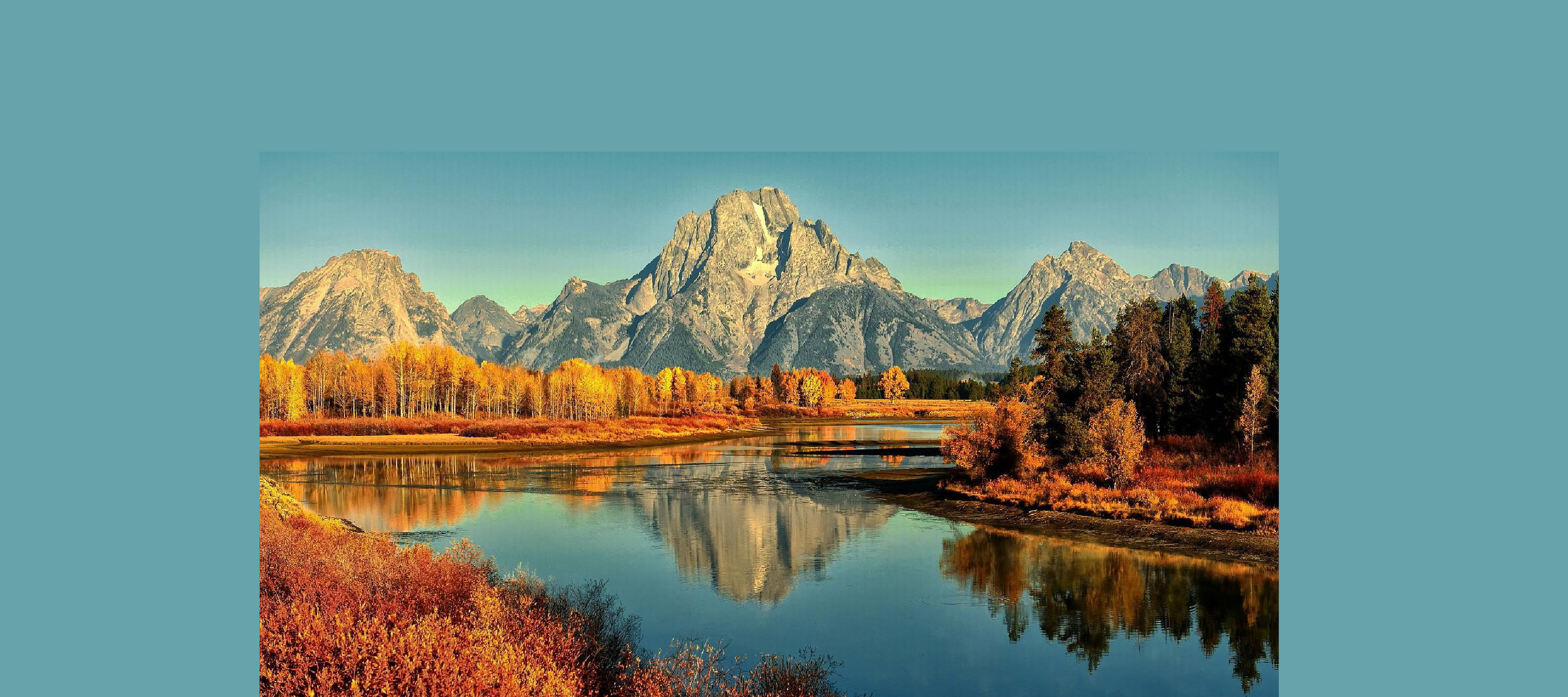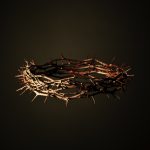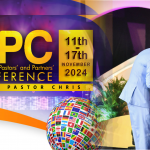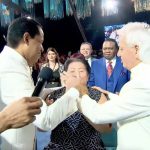
Welcome to another round of the Transformation Leadership Series. My name is Solomon Appiah, a human rights, public policy and international relations researcher / consultant. I will be sharing some thoughts on leadership with you for the coming weeks.
The last question of the Seven Fundamental Leadership Questions Series was, WHAT WILL I BE REMEMBERED FOR? This deals with legacy.
Today let us discuss how a leader can short circuit their own legacy by demanding respect instead of commanding it. We will use a case study from the Government sector but the principles apply to all other sectors.
BALANCING AUTHORITY AND SERVICE
In the book ‘Rising to the Call of Leadership (40-Minute Bible Studies)’ by Kay Arthur, David Lawson and BJ Lawson, Martin Luther King Jr is quoted as saying:
“There was a time when the church was very powerful—in the time when the
early Christians rejoiced at being deemed worthy to suffer for what they believed. In those days the church was not merely a THERMOMETER that recorded the ideas and principles of popular opinion; it was a THERMOSTAT that transformed the mores of society. In leadership what makes the difference between a thermometer and a thermostat? A thermostat SETS THE
AGENDA; a thermometer simply represents what is already in place. Dr. King was describing the church, but the description fits the individual leaders within the body also”.
Leaders are pace setters and agenda setters. At the same time, all they do (including setting the pace and agendas) are first ACTS OF SERVICE to God and man hence the term servant leadership. This is why politicians are called Public Servants. All functions of leadership must necessarily promote the good and welfare of followers. Many times, leaders fail and leave fleeting legacies because they could not strike the proper balance between authority and service. For the two to promote the welfare and good of followers, they must work hand in hand. When separated or disjointed, the obscure the vison of leadership.
Just this past week, one President from Asia was sentenced to over two decades of jail time on corruption charges. The citizenry was okay with the verdict and she went to jail alone. On the other side of the globe in Latin America, another Ex-President was sentenced to less time in prison. When the verdict was read, the masses angry at the verdict marched to his location, surrounded the building and decided to prevent his arrest. Many of them came from the poor families of this nation. The images are astonishing to look at. The gathered as far as the eye can see. The New York Times described the trial that sentenced him as “a kangaroo court proceeding”. But why were the masses protecting an ex-president who had already served his terms and could not be of any more “benefit” to them? Why would they not let him serve his prison term? The simple answer is that the people hold a perception that this ex-president during his tenue lived to SERVE the people—especially the vulnerable and disadvantaged. And now, though no longer in office, they remember [legacy] what he did for their nation so they believed it was their turn to take care of him. Did he really serve the people? During his tenure, an estimated 30 million people moved out of poverty during the eight years he was in power. He extended low-cost government credit to businesses and liberalized banking. He presided over a flourishing economy, as his grew on surging commodity prices.
The former President stated. “I dreamed that it was possible to take students from the periphery to the best colleges in this country, so that we would not have only judges and prosecutors from the elite. This crime I committed. And that’s what they do not admit” referring to his detractors.
The issue under consideration is not whether this leader was righteous or unrighteous but rather the impact of his leadership long after he left office–Legacy. When he saw the crowds outside the building, he decided to surrender to the government. When he walked out of the building, the crying masses could not help themselves. They rushed and bore him aloft, cheering and celebrating the man the government had just convicted. This ex-president started to cry seeing the outpouring of support from the people. One person described the scene thus: “This is the most chaotic surrendering to police in recorded history.” This is one way to look at it. One could also look at it from a perspective of legacy.
WHAT TYPE OF LEADER DO YOU WANT TO BE?
(Author)ity has an author—GOD. When authority is used to promote the good and welfare of followers, endearing and enduring legacy will result. Some leaders are unable to balance authority and service. They mistakenly wield authority as something to be lorded over followers—demanding respect instead of commanding it via how they lead by serving.
Many heads of states and corporate leaders have fallen into this imbalance quagmire. When democracy in its modern form emerged in North America, no one wanted the responsibility of being president of a nation. At that time, there were no motorcades, flashy cars, or big buildings etc. Presidency began as a position of service. Only true servants gave up their lucrative farms and took on the responsibility. Today presidencies, corporate management positions and the clergy have for the most part metamorphosed into something not resembling the original (which had service and the promotion of the good of followers at its core and as the main motivation and drive for office). In some jurisdictions and organizations, leaders consider critique from followers or citizens as an attack instead of as feedback from followers for consideration. This type of leadership seldom leaves a lasting legacy when it has vacated its post. This is just one example of poor leadership approach. Leaders have their position by virtue of the people. Democracy comes from the fusion of two words—“Demos or the public” and “Kratia or power”. In Kingdoms, dominion and sovereignty resides in the King but in democracies, they reside in the public or the people. In democracies, government officials are not Lords but servants of the public.
Let us consider why Ghana and other democratic countries set up constitute governments. This preamble of the 1992 Constitution of the Republic of Ghana reads:
“in the name of the ALMIGHTY GOD, We the PEOPLE of Ghana, in exercise of OUR natural and inalienable right to establish a framework of government…”
This tells us that government does not exist on its own. It is established for and by the people for their benefit—not the benefit of government officials.
The constitution further adds in article 1(1) (Chapter one) that:
“The Sovereignty of Ghana resides in the PEOPLE of Ghana IN WHOSE NAME AND FOR WHOSE WELFARE the powers of government are to be exercised in the manner and within the limits laid down in this Constitution”
Leadership exists to serve the people. To be a relevant transformational leader, leaders must learn to carry followers on their shoulders and chest like the high priests of old. The stones of the ephod represented the tribes under the care of the priests. This is God’s model of leadership. It is important to decide what type of leader we want to be. There are leaders who demand respect [because they occupy] a position and then there are leaders who command respect [because of their lifestyle and leadership]. The latter will help leave positive legacy will followers who are genuinely endeared to you but the former will create followers who follow out of compulsion and not because they believe in your leadership style. In conclusion, leaders must lead as those who will someday give account to the Author of the (author)ity entrusted to them for the benefit of followers.
As a leader, I have always been guided by the following scripture: “Not many of you should presume to be teachers, my brothers, because you know that we who teach will be judged more strictly” (James 3:1). Leaders will be held to more severe and stricter judgment than their followers. This is because their actions affect more people and to whom much is given, much will be required.
[scribd id=383059373 key=key-d0XfautVK5gfJdxBr9Au mode=scroll]








Now I uderstand why you did not stay at KA foundation,
kwaku
That was a great piece, keep more coming, kwaku